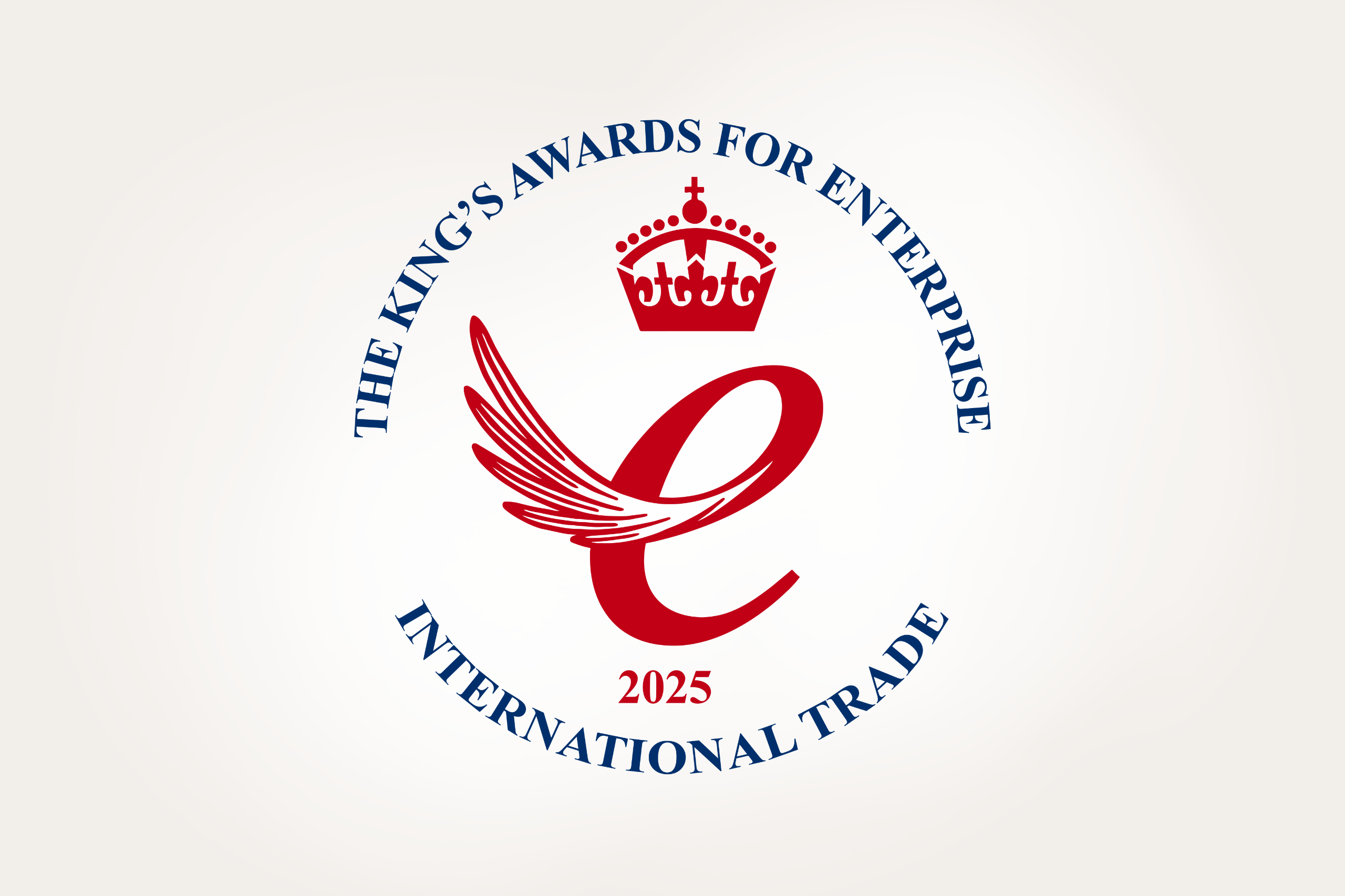The recent scandals involving Fifa and the IAAF represent a landmark moment in the history of sport. Rights holders, administrators and organisational bodies in sport are facing a historic credibility crisis. Fans are disillusioned about not only the integrity of the leadership but of the competition itself, whilst potential host cities, sponsors and professional service partners now see sporting rights holders as such a serious risk that they are starting to turn their backs, investing in less risky propositions elsewhere. In the current credibility crisis, rights holders face a serious and imminent risk of diminishing commercial revenues, reputational damage and a declining fanbase.
It is not too late to restore confidence in sport but, in order to survive, rights holders need to change. They must govern their sports and events professionally and ethically, evidencing good governance, integrity, fairness, transparency and robust leadership in all of their activities. Nowhere is this imperative stronger than in the way rights holders target, secure and manage one of their most important partners: host cities.
Restoring confidence in bidding
Hosts are the principal investors in events and the lifeblood of sport, but their importance is often overlooked. For rights holders, consistently attracting and securing a reliable and motivated pool of host city partners is an important foundation for success. Event bidding is big business, but it is also the stage upon which the highest profile scandals in sport continue to be played out. To restore confidence in sport, rights holders must ensure that the manner in which they secure their hosts is unimpeachable.
1) The bidding process
A bidding process should be fair, transparent and professional: it should communicate all requirements from the outset, engage public sector and other key stakeholders early on, provide bidders with a set of published evaluation criteria they can base their bids on (and apply these criteria consistently throughout the process), nurture competition amongst bidders, build open relationships with bidders, communicate with all bidders consistently, set reasonable and logical timelines, minimise costs where possible, identify and mitigate risks, and, through the decision-making process, ultimately secure the best possible host.
2) Decision making
Decision-making processes should provide bidders with the confidence that they will be treated fairly and the event will be awarded to the host that best fits the rights holder’s stated evaluation criteria. Rights holders should ensure that the decision makers themselves are professional, ethical, impartial, unconflicted and objective and that the process mitigates the risks posed by outside influences. They should ensure that once decisions are made, those that have made them are accountable, responsible and clearly explain decisions to all, particularly unsuccessful bidders. Ideally, in order to achieve these aims, decision making should involve independent third party experts or, where this is not possible, the most appropriate and experienced panel possible.
3) Due diligence
In making a decision, it is critical that rights holders carry out appropriate due diligence on key bid stakeholders and independently verify the information submitted by bidders. This level of due diligence is commonplace across all business sectors but, we have found, is often neglected in sport.
Thorough due diligence allows rights holders to be aware of the risks associated with countries, cities, organisations or individuals, so that they can make decisions based on all the facts and take steps to proactively mitigate those risks. It also helps to avoid the costly commercial, reputational and operational losses caused by transaction failure.
Whilst defining specific risks posed by a multitude of bid stakeholders can be complex, it is achievable. Until now there has been no third party due diligence provider in sport, but recently our partner, Dow Jones, launched Dow Jones Sports Intelligence.
The imperative for change
The need to practise good governance in bidding is one of the foremost priorities for rights holders. The IOC’s Agenda 2020, backed by the UN, stresses the need for good governance in bidding, providing a clear mandate for change. Lawmakers, politicians and regulators around the world have indicated that they will exert more influence on sport organisations if governance does not improve. Increased oversight of Swiss-based international federations, the redefinition of sports officials as ‘Politically Exposed Persons’ and the classification of sports organisations as ‘high risk’ for auditors and bankers are all examples of where this is starting to happen. The message for rights holders is simple: change now, or be changed later.

